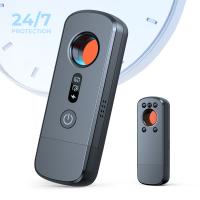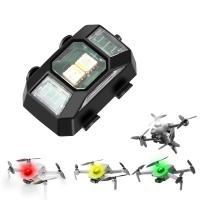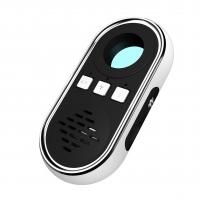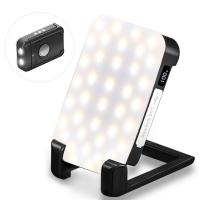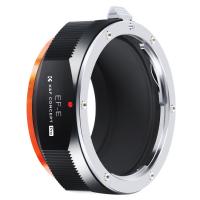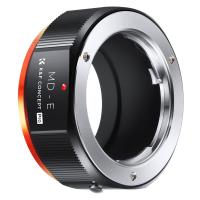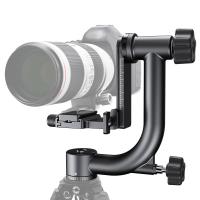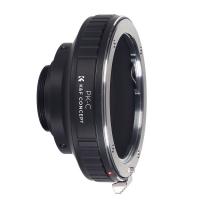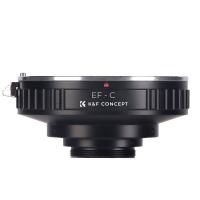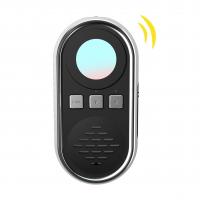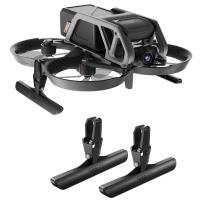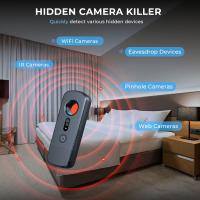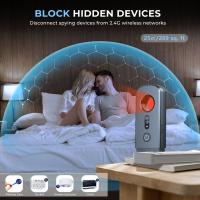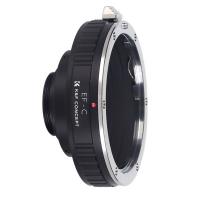How To Find Hidden Cameras In My House?
In today's world, privacy is a growing concern, and the thought of hidden cameras in your home can be unsettling. Whether you're worried about a landlord, a roommate, or an intruder, knowing how to detect hidden cameras is crucial. This article will guide you through practical steps to find hidden cameras in your house, ensuring your privacy and peace of mind.
Understanding Hidden Cameras
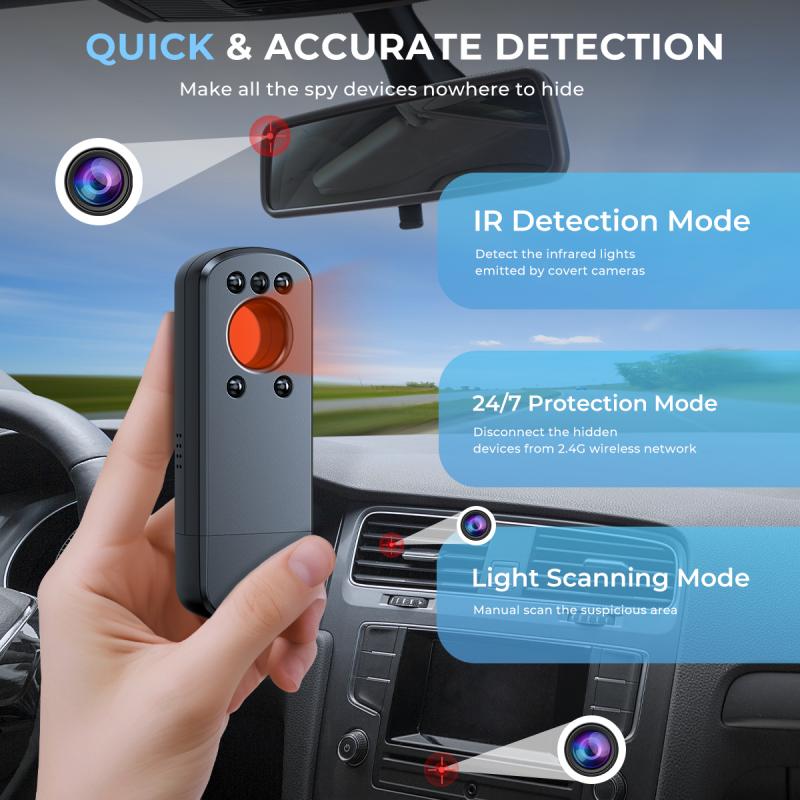
Hidden cameras come in various shapes and sizes, often disguised as everyday objects like smoke detectors, clocks, or even USB chargers. They can be wired or wireless, and some may transmit footage in real-time, while others store it for later retrieval. Understanding the types of hidden cameras and their common hiding spots is the first step in detecting them.
Step-by-Step Guide to Finding Hidden Cameras
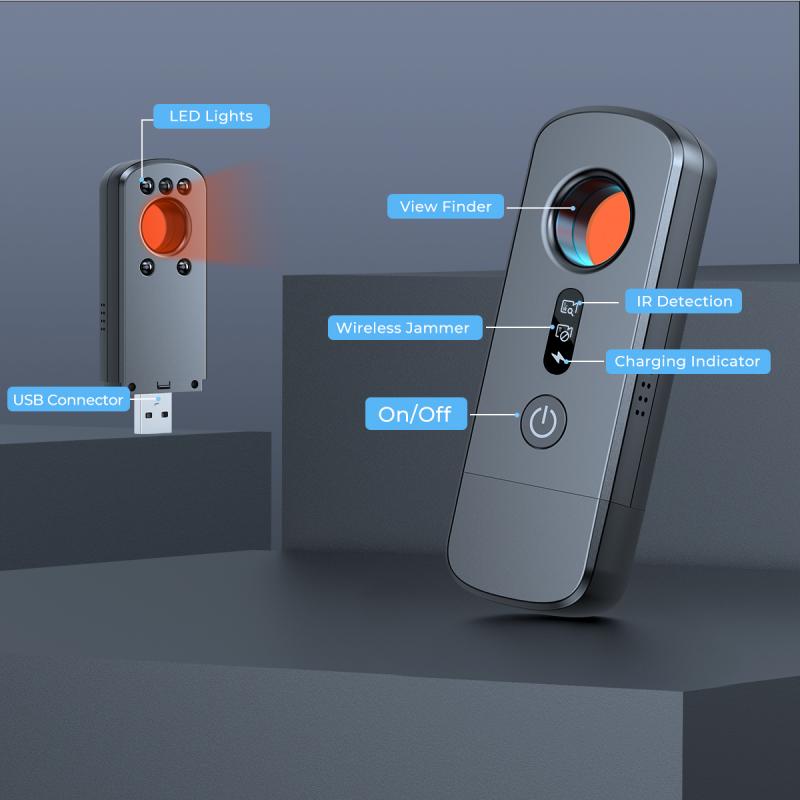
1. Conduct a Visual Inspection
Start with a thorough visual inspection of your home. Look for anything that seems out of place or unusual. Pay special attention to the following areas:
- Smoke Detectors: Check for any unusual wires or lenses.
- Clocks and Alarm Clocks: Look for small holes or lenses.
- Books and Picture Frames: Inspect for any hidden devices.
- Mirrors: Use the "fingernail test" to check if a mirror is two-way. Place your fingernail against the mirror; if there's a gap between your nail and its reflection, it's a regular mirror. If there's no gap, it could be a two-way mirror with a camera behind it.
- Electrical Outlets and Light Switches: Examine for any modifications or extra components.
2. Use a Flashlight
A flashlight can help you spot hidden cameras. Turn off the lights in the room and shine the flashlight around. Look for any reflections that could indicate a camera lens. Hidden cameras often have a glass lens that will reflect light differently than other materials.
3. Check for Unusual Wi-Fi Networks
Many hidden cameras are wireless and connect to Wi-Fi networks. Use your smartphone or computer to scan for any unfamiliar Wi-Fi networks. If you find any suspicious networks, it could indicate the presence of a hidden camera.
4. Use a Radio Frequency (RF) Detector
An RF detector can help you find wireless hidden cameras. These devices detect the radio frequencies emitted by wireless cameras. Simply turn on the RF detector and walk around your home. If it detects a signal, it will alert you, allowing you to pinpoint the location of the hidden camera.
5. Use Your Smartphone Camera
Your smartphone camera can also help detect hidden cameras. Some hidden cameras emit infrared (IR) light, which is invisible to the naked eye but can be seen through a smartphone camera. Turn off the lights in the room and use your smartphone camera to scan for any unusual lights or reflections.
6. Listen for Unusual Sounds
Some hidden cameras make a faint buzzing or clicking sound. Turn off all electronics and listen carefully for any unusual noises. If you hear something suspicious, investigate the source of the sound.
7. Inspect Electronic Devices
Hidden cameras can be disguised as everyday electronic devices. Check items like USB chargers, air purifiers, and even light bulbs for any hidden cameras. If you find any unfamiliar or suspicious devices, unplug them and inspect them closely.
8. Hire a Professional
If you're still concerned about hidden cameras and can't find any on your own, consider hiring a professional. Private investigators and security experts have specialized equipment and expertise to detect hidden cameras and other surveillance devices.
Preventing Hidden Cameras
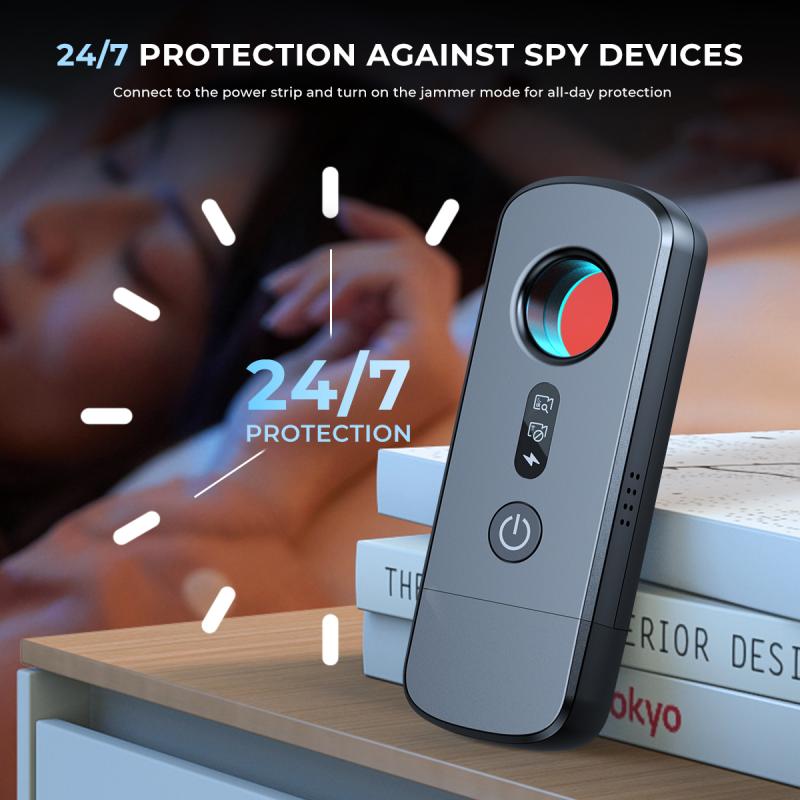
Once you've ensured your home is free of hidden cameras, take steps to prevent future incidents:
- Secure Your Wi-Fi Network: Use a strong password and encryption to prevent unauthorized access.
- Change Locks and Passwords: If you've recently moved in or had a roommate move out, change the locks and update any passwords for smart devices.
- Cover Cameras: If you have smart devices with cameras, like laptops or smart TVs, use camera covers when they're not in use.
- Regular Inspections: Periodically inspect your home for any new or suspicious devices.
Legal Considerations
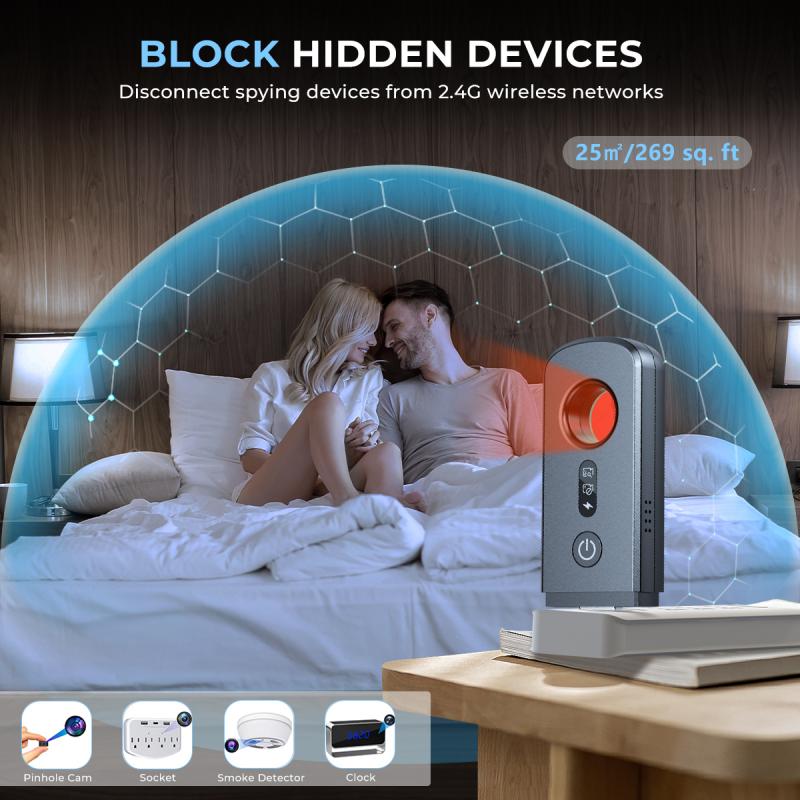
It's important to understand the legal implications of hidden cameras. In many places, it's illegal to install hidden cameras in private areas like bathrooms and bedrooms without consent. If you find a hidden camera, document it and report it to the authorities. They can investigate and take appropriate action.
Finding hidden cameras in your home can be a daunting task, but with the right tools and knowledge, you can protect your privacy. Conduct thorough inspections, use technology to your advantage, and take preventive measures to ensure your home remains a safe and private space. If you're ever in doubt, don't hesitate to seek professional help. Your peace of mind and privacy are worth the effort.

